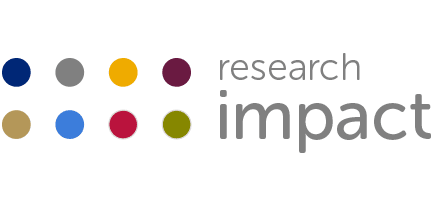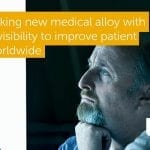The software industry in Ireland is well established both in terms of indigenous and FDI firms with 9 of the top 10 global software companies located in the country. Research undertaken by Lero – the Irish Software Research Centre has been found to support competitiveness and job retention in the industry through the development of faster and more effective methods of software development, coined R-Scrum which stands for Regulated-Scrum, a software method tailored specifically to the needs of regulated environments.
Our research addresses the critical issues of safety, flexibility and time-to-market.
Professor Brian Fitzgerald, Lero, University of Limerick explains: “In the world of software development, agile methods are most commonly used. However, agile methods were initially thought to be limited to small projects with co-located teams, in non-safety-critical domains. In the past 10 years, our research has focused on these constraints leading to a situation where agile methods are now often used for large projects with distributed development teams.”
Regulated environments include industries such as financial services, automotive, aviation, food, medical devices, nuclear, pharmaceutical and railway; increasing the effectiveness of software development processes in these domains can greatly benefit consumers and society. Dr Klaas-Jan Stol, Lero added: “Although agile methods shorten time-to-market, in regulated industries such as medical devices, financial services, aviation, time-to-market is secondary to safety; releasing a defective product could literally mean a multi-million euro loss if products have to be recalled. Our research addresses the critical issues of safety, flexibility and time-to-market which ultimately has a significant impact on job retention and competitiveness in the Irish market.”
In the past, long development cycles exacerbated miscommunication among developers, and also between customers and developers. As a result, all too often the software eventually delivered no longer met business needs, as these had changed in the interim. Such problems have led to a continual search for development methods that shorten delivery timeframes and improve the software. Through their collaboration with QUMAS – a leader in quality and compliance management software solutions for the life science industry, Lero research has helped establish the QUMAS software development team as experts in agile development within regulated environments. Professor Fitzgerald added: ““In 2013, QUMAS was acquired by a large US company with operations in Europe and Asia and used this research to prove the expertise of the Irish software development function, strengthening the case for retaining these high value jobs in Ireland.”
In addition, QUMAS customers benefit from the company’s process improvements. Given the agility of the process, customers can now provide early feedback on the product. In the traditional software development model, a provider could take several months to respond to customer input; with R-Scrum QUMAS is able to respond and deliver within 5 weeks. This research was funded by Science Foundation Ireland, Enterprise Ireland and the Royal Irish Academy.





